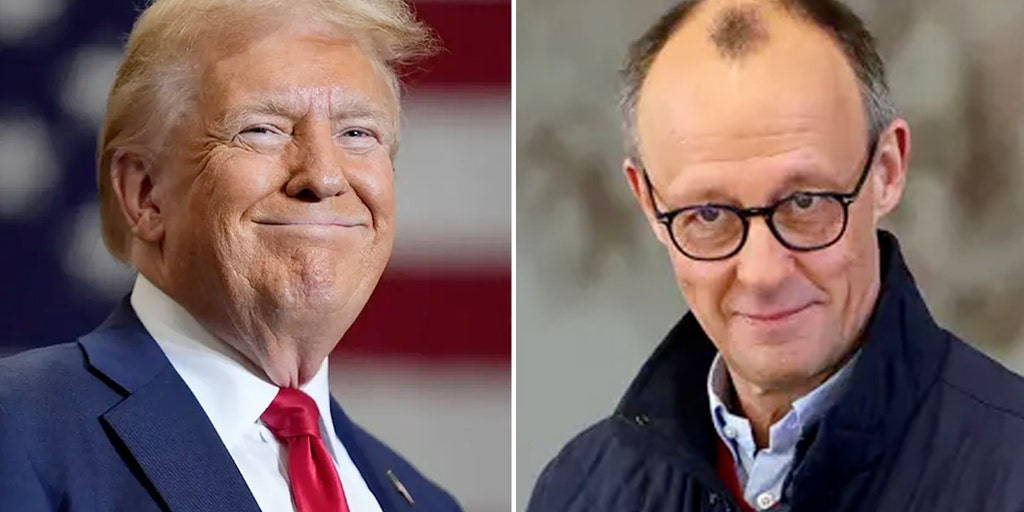Trump Hails Right-Wing Surge: Germany's Political Landscape Shifts

In a surprising turn of political events, German conservative leader Friedrich Merz has emerged victorious, dealing a significant blow to current Chancellor Olaf Scholz. The election results mark a potential shift in Germany's political landscape, drawing attention from international political figures.
Former U.S. President Donald Trump quickly weighed in on the outcome, offering praise for Merz's decisive win. The election represents a critical moment for Germany, potentially signaling a new direction for the country's leadership and political strategy.
Merz's triumph comes after a hard-fought campaign that challenged the incumbent government's policies and presented a compelling alternative vision for Germany's future. The result suggests growing public sentiment for conservative leadership and a potential realignment of political power in one of Europe's most influential nations.
Political analysts are now closely watching how this change might impact both domestic and international political dynamics, with implications that could resonate far beyond Germany's borders.

